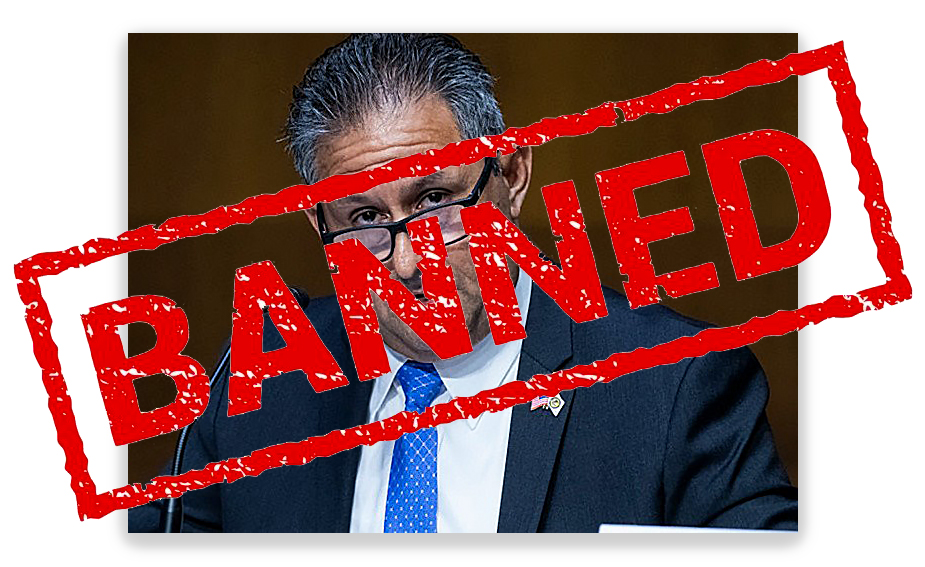We post news and comment on federal criminal justice issues, focused primarily on trial and post-conviction matters, legislative initiatives, and sentencing issues.

“THE LAW, IN ITS MAJESTIC EQUALITY…
… forbids the rich as well as the poor to sleep under bridges, to beg in the streets, and to steal bread,” so goes a famous 19th quotation. If you recall it, you have either read The Red Lily (which is unlikely) or remember that I’ve used the quotation before.
 It’s just that the observation is so apt, especially where prisoners try to bring Federal Tort Claim Act cases alleging medical malpractice by the quackery that is BOP healthcare.
It’s just that the observation is so apt, especially where prisoners try to bring Federal Tort Claim Act cases alleging medical malpractice by the quackery that is BOP healthcare.
In an effort to cut down on worthless medical malpractice (“med-mal”) claims, most state procedural rules require that such a claim be accompanied by an expert’s affidavit attesting that the plaintiff’s cause of action has some merit. If you’re the average man or woman on the street, and you watch mid-day game shows, you have already lined up a lawyer who will take your case for a 40% cut of the winnings. So it’s no problem: your lawyer has a compliant expert who will provide an affidavit swearing that some imbecile medical provider cut off your right leg and attached it to your ear.
But if you happen to be in prison, you’ve got a couple of hurdles to jump. First, finding a personal injury lawyer who wants to devote her time and money (yeah, PI lawyers front the expenses of the trial, which may hit six figures in some instances) is tough. As hard as it is to believe, juries do not have a lot of sympathy for federal prisoners who say they were hurt by lousy doctoring. Second, the biggest components of damages are lost earnings and medical costs. Inmates have no medical costs (except for the occasional $2.00 health service co-pay) or any lost earnings.
Because damages are what fire up a jury to award big bucks, the personal injury bar does not see inmate cases as being worth much.
 ‘No lawyer’ means that inmates have to pony up $5,000 right from jump to hire an expert, in order to get the affidavit they need to avoid having their FTCA claims thrown out.
‘No lawyer’ means that inmates have to pony up $5,000 right from jump to hire an expert, in order to get the affidavit they need to avoid having their FTCA claims thrown out.
Seems fair, right? After all, the requirement applies to all med-mal plaintiffs, rich and poor alike. The guy left in a wheelchair by a negligent truck driver, being represented by some megafirm needs an expert. So does an inmate making 25¢ an hour, Equality realized!
A couple of years ago, the 6th and 7th Circuits ruled that the Federal Rules do not require such affidavits, and thus are inconsistent with state rules. The Supremacy Clause of the Constitution holds that federal rules displace inconsistent state rules, and the FTCA expressly holds that federal rules govern its application.
 Last week, the 4th Circuit followed the 6th and 7th, holding that a West Virginia law requiring medical certifications before filing med-mal suits does not apply to FTCA actions. “About half of all states similarly demand that medical malpractice plaintiffs secure some sort of early support from a qualifying expert,” the Circuit said. “But there is now a growing consensus that certificate requirements like West Virginia’s do not govern actions in federal court, because they conflict with and are thus supplanted by the Federal Rules of Civil Procedure… We agree, and hold that failure to comply with West Virginia’s MPLA is not grounds for dismissal of Pledger’s federal-court FTCA action.”
Last week, the 4th Circuit followed the 6th and 7th, holding that a West Virginia law requiring medical certifications before filing med-mal suits does not apply to FTCA actions. “About half of all states similarly demand that medical malpractice plaintiffs secure some sort of early support from a qualifying expert,” the Circuit said. “But there is now a growing consensus that certificate requirements like West Virginia’s do not govern actions in federal court, because they conflict with and are thus supplanted by the Federal Rules of Civil Procedure… We agree, and hold that failure to comply with West Virginia’s MPLA is not grounds for dismissal of Pledger’s federal-court FTCA action.”
Pledger v. Lynch, Case No 18-2213, 2021 U.S. App. LEXIS 21587 (4th Cir, July 21, 2021)
– Thomas L. Root









